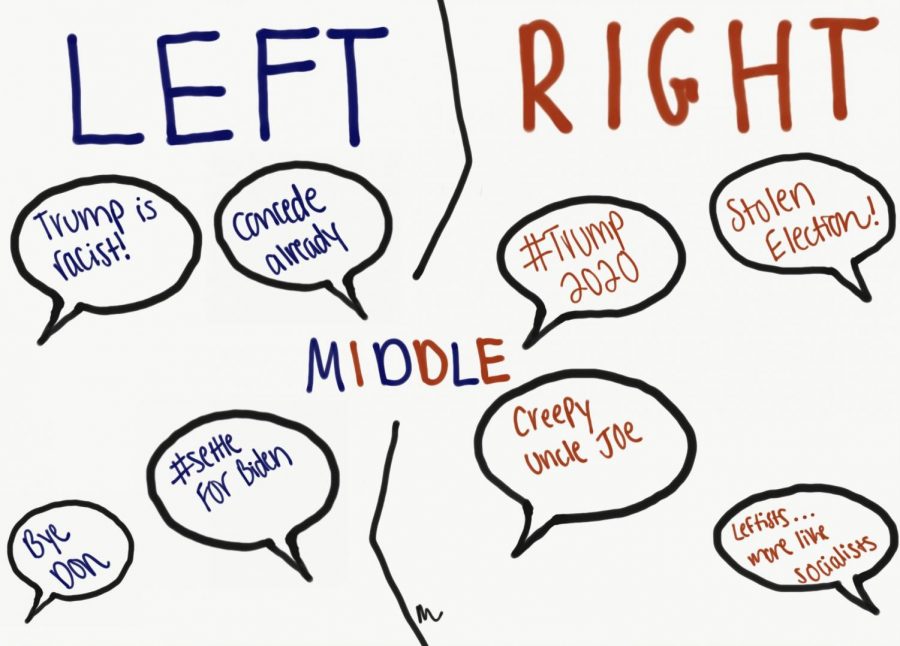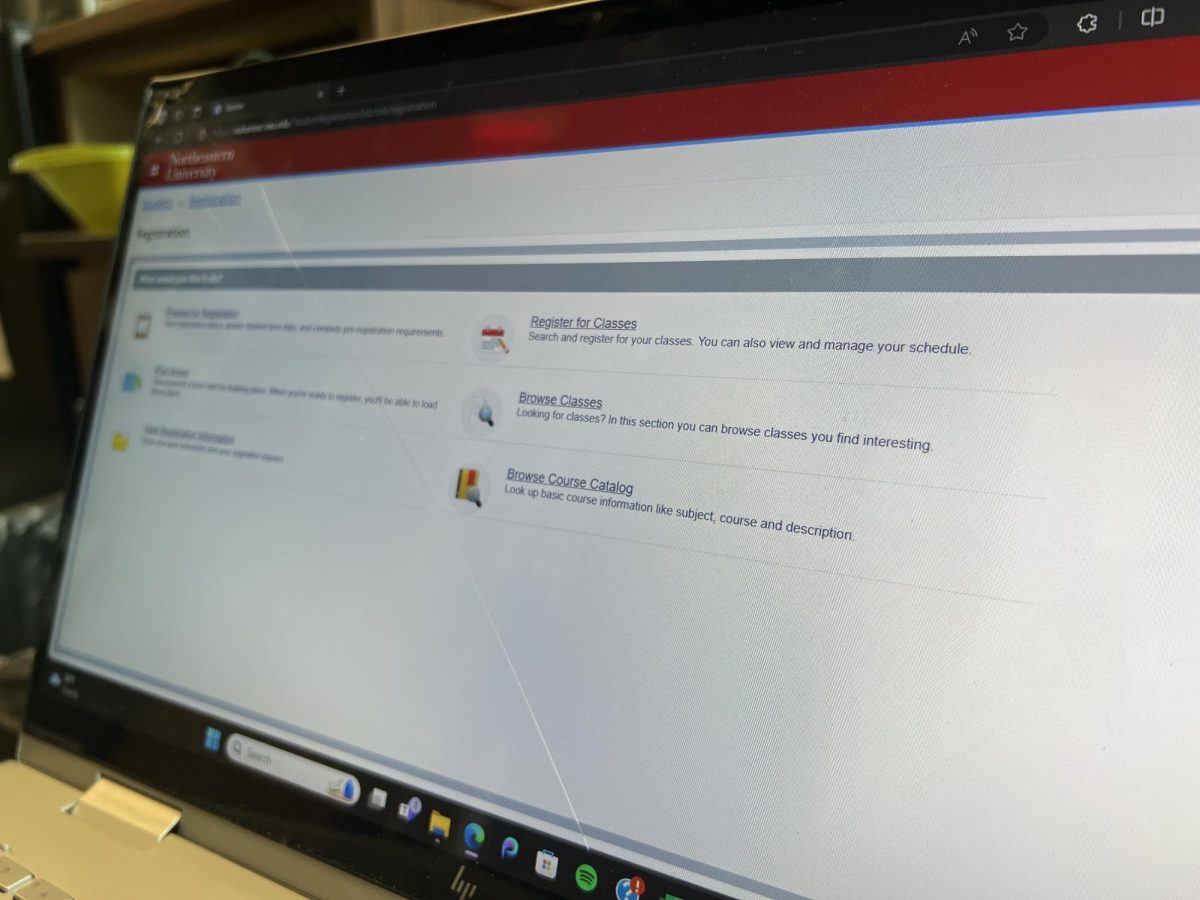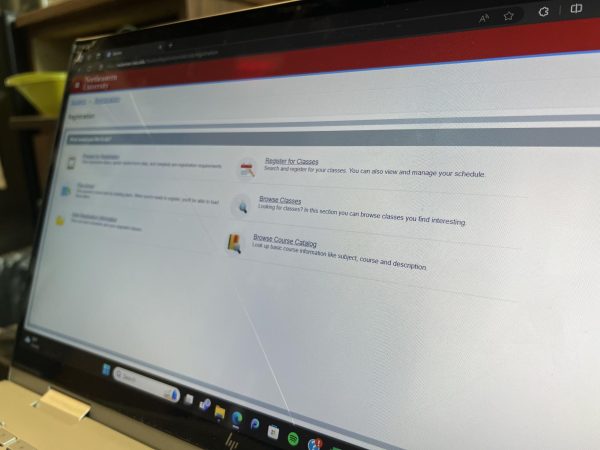Op-ed: I’m not a socialist or a Trump supporter. Is there a place for me in American politics?
November 25, 2020
As President Donald J. Trump refuses to concede the election, despite being defeated by former Vice President Joe Biden, the gap between people on the left and those on the right could not be further apart. Although there are reasonable members on both sides, the two factions that are most often seen quarreling are those who blindly support everything uttered by Trump, including racism, sexism and homophobic remarks, or those self-proclaimed “socialists” in the mold of Congresswoman Alexandria Ocasio-Cortez, or AOC. Both parties feel that they are misunderstood by their opponents and by the American population as a whole.
Many democratic socialists argue against a centralized government and economy so many feared during the “Red Scare” days, but instead for policies favoring individual rights, whether it be single-payer healthcare or tuition-free public universities. In essence, democratic socialism calls on the government, and by extension taxpayers’ dollars, to ensure that the rising costs of healthcare and education can still be afforded by those who are most in need of it. But a ringing part of modern democratic socialism is the notion of “identity politics,” or the idea that shared experiences among marginalized communities such as people of color, women and the LGBTQIA+ community is the most comprehensive way of understanding social issues. Identity politics, however, are leveraged by politicians to appeal to minorities by making these groups of people feel like victims of societal issues. This creates an “us vs. them” mentality between groups of people that only intensifies polarization in politics, causing opposing sides to describe each other as racist, sexist, deluded or unethical.
By contrast, many Trump supporters condemn these ideas as the socialism and communism that this nation has stood firmly against. Many Trump supporters, however, feel that they are being unfairly treated as racist. For example, in an article from The Atlantic, a 74-year-old man who had done missionary work with impoverished children in Thailand, said that he and his daughter could no longer discuss politics because every time they did, she would accuse him of hate: “We’re all tired of being called racists … You open your mouth, you’re a racist. My daughter is a liberal, and she’s [using the word] all the time.” Some Trump supporters contend that the economy during his presidency was managed well, at least before the COVID-19 pandemic. They also voted for him since he is different from any other politician, and because the bureaucracy in Washington is unbearable. Still, others voted for him because they can’t stomach the “identity politics” played by so many of the progressive left.
But these two factions should not be the only options. Too often, there are people who don’t buy into the identity politics propagated by the progressive left, but can’t bring themselves to vote for someone they consider a racist. For people who feel like neither Trump nor Rep. Ocasio-Cortez are leaders they can rely on, there is another option. Although it seems impossible, there is a way moderates can make their voices heard: support Joe Biden. He’s the definition of a political moderate who has a history of making compromises across political divides. He is the moderate that the Democratic party tasked with defeating Trump — and he succeeded in that goal.
If you look at both sides, there is an incredible amount of discontent with Biden’s win. Although most progressive leftists see this as a step in the right direction, they have made it clear that they do not “stan” Biden, and that they will be ready to call him out on mistakes. While this is something that should be happening with every elected official, the truth is there are waves of resentment among progressives that candidates like Bernie Sanders won’t be in the White House on Inauguration Day. On the other side of the aisle, many Trump supporters are crying foul about the election, casting doubt on the validity of the process and bemoaning how increasingly progressive the country is becoming.
But what these factions have failed to grasp is that Biden can bridge the divide between the most radical, outspoken members on each side. He’s done this before with bipartisan legislation. He brings a better way of making deals and easing tensions between the two groups.
So although you might see the hashtag #SettleForBiden trending on your favorite social media platform for the next four years, or Trump’s supporters marching in Washington, D.C. proclaiming that the election was a fraud, don’t feel pressured. It’s okay not to agree with either extremity.
However, the time has come to put aside these huge differences. The people who will come together are neither of the previously mentioned groups, as they, for the most part, are so entrenched in their own beliefs that they can’t fathom coming together. It’s the people in the middle, who are relieved that the president was voted out but are still nervous about the drastic national shift leftward, that will bring a country ravaged by this election together. It’s the group of moderate thinkers, regardless of political affiliation, who will be able to accept this election result, work together and move forward as a country.
Arjun Ramachandrula is a first-year computer science and business administration combined major. He can be reached at [email protected].


















